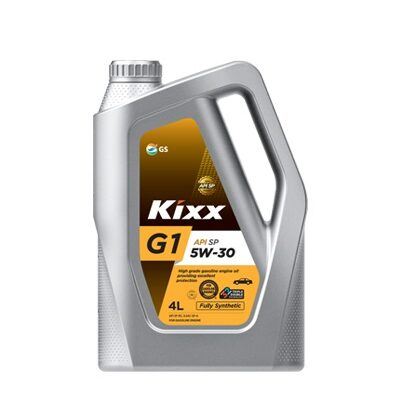AutomotiveBusiness
How To Pick The Perfect Lubricant For Your Machine

Lubrication is an important aspect of any machine-driven enterprise. Several businesses are unaware of the need and advantages of selecting the proper lubricant and lubrication plan for their machinery. Keep in mind you address a few key inquiries before choosing lubricants from lubricant manufacturers in South Africa for your machinery. For instance, Is your atmosphere dry or rainy, freezing or hot? How frequently must you grease your machines? What is the speed of your machines? Answering a few basic inquiries will assist you in making the best lubricant choices. A basic knowledge of how lubrication functions will be quite beneficial.
-
Performances of Lubricants
The oil that you utilize to lubricate your machinery has a number of purposes. Lubricants do more than only reduce the effects of friction and heat production to preserve equipment working. Whenever you utilize the correct oil in your machinery, it shields components from harmful substances while also reducing structural and corrosive damage. Contaminants are additionally delivered to separators and screens by lubricants.
What you need to perform is figure out what obstacles your applications provide and then customize your lubrication strategies to meet those challenges. Contact to corrosive environments, high pressures, and high temperatures, are all possibilities. Select lubricants that are appropriate for your purpose.
-
Components of the lubricant
A lubricant requires a large number of components and additives. To create a varied spectrum of lubricants, lubricant suppliers in South Africa combine various components to the basic oil. The additives are often utilized to personalize oils and greases for specific applications. A thickener, a material made up of fibrous granules that holds the oil in position, is one of the most crucial elements. Each kind of thickener has a varied effect on a lubricant’s shearing strength, water tolerance, and heat tolerance.
-
Longevity
Whenever lubricants reach the end of their useful life, you must replace them. Lubrication processes must be defined in your maintenance program so that you can monitor lubricant effectiveness easily. Failure to change lubricants when they reach the end of their operational lifespan can result in damaged bearings, metal-on-metal friction, and disruption. Check the temperature of your machinery to estimate how long your lubricant will last. The longevity of a lubricant can be shortened as the temperature rises. If a lubricant generally can last two weeks at 150 degrees Fahrenheit, its overall operational life would be reduced to one week at 170 degrees Fahrenheit. In other terms, the greater the temperature, the smaller the operational life.
-
Cost
In most cases, cutting costs isn’t always the best option. Using low-cost lubricants could lead to difficulties in the future. For example, if you purchase a lubricant with terrible runout properties or produces an abrasive solution, you will experience unexpected interruption, which will wipe out most of your funds. Whenever purchasing lubricants, don’t only stare at the price label.
There is no dispute that lubricants are required in all sectors, but not every oils are treated equally. As a result, you should avoid purchasing a low-cost or low-quality lubricant without taking into account the variables listed above. The best approach is to devote as much effort as possible to choosing the appropriate lubricant.





